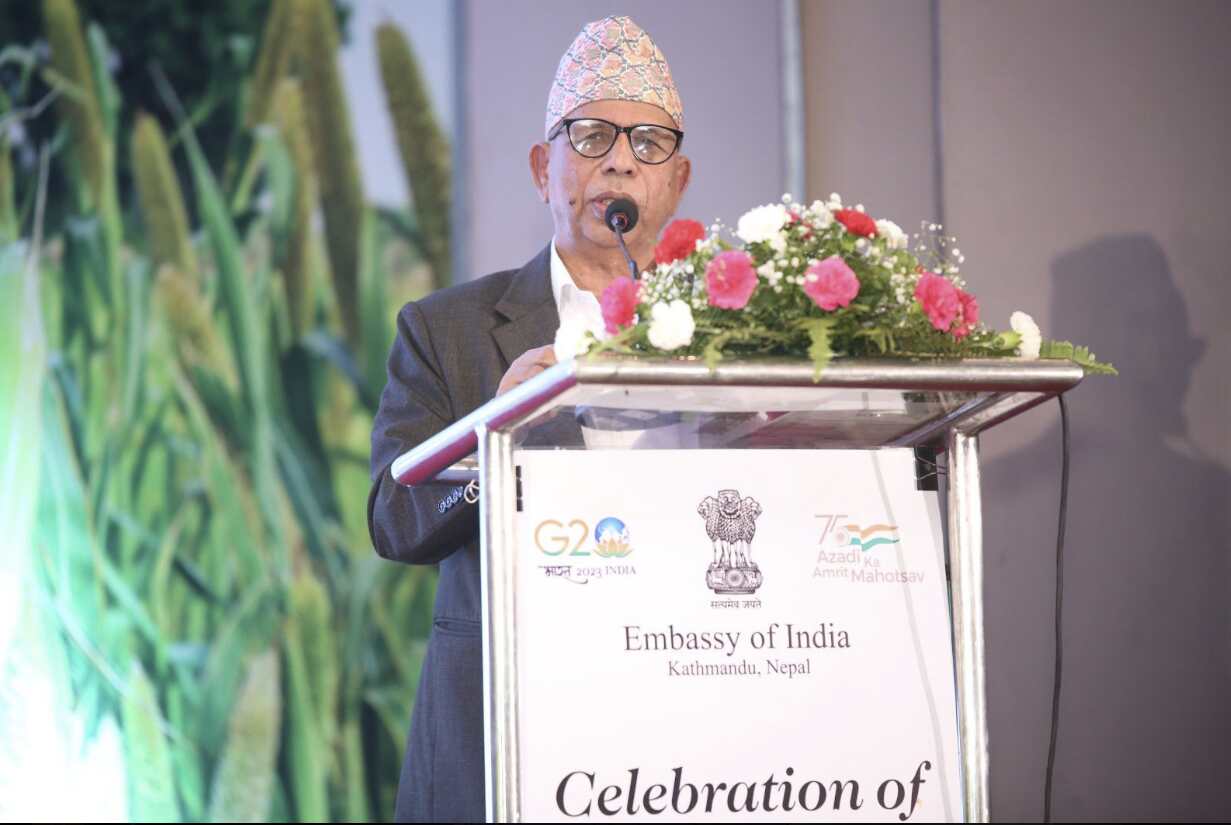Nepal and India Unite to Revolutionize Agriculture: Millets as the Key to Climate Change Resilience and Global Food Security
Nepal and India have joined forces to promote the cultivation and consumption of millets, citing their high nutritional value and adaptability to adverse weather conditions. The collaboration aims to address challenges posed by climate change and enhance food security.
Nepal and India join forces to promote the cultivation and consumption of millets Nepal has expressed its readiness to collaborate with India in its campaign to promote the cultivation and consumption of millets, according to an announcement made by Nepal's agriculture and livestock minister, Beduram Bhushal. Speaking at an event in Kathmandu, Bhushal extended congratulations to India for taking the lead in the millet campaign and highlighted the potential health benefits of promoting millet as a staple food due to its high nutritional value.
The United Nations has also launched a campaign to promote the consumption of millets at India's initiative, and Nepal has shown its willingness to join hands with India in this campaign. In 2021, India proposed to the UN to declare 2023 as the International Year of Millets (IYOM), which was subsequently supported by 72 countries and declared by the United Nations General Assembly (UNGA). To commemorate the International Year of Millet 2023, the Indian Embassy in Kathmandu, in collaboration with the Ministry of Agriculture and Livestock of Nepal, organized a program.
During the event, Indian Ambassador to Nepal, Naveen Shrivastava, emphasized the importance of India and Nepal's cooperation in the field of agriculture for millet production and exploring its market potential. Food experts who spoke at the event highlighted the nutritional value of millet and stressed the need to promote its mass production, recognizing its immense potential in export markets. Millets, known as one of the oldest crops cultivated by mankind, are resilient and capable of thriving in adverse weather conditions, requiring minimal irrigation facilities.
Various types of millets are available in the market, including kodo, foxtail, barnyard, browntop, little millet, bajra, and porso, all known for their rich nutritional content. This collaborative effort between Nepal and India aims to harness the benefits of millets, which can provide solutions to the challenges of climate change and global food security. With their high nutritional value and adaptability to adverse weather conditions, millets have the potential to play a significant role in ensuring food security and promoting sustainable agriculture practices.




